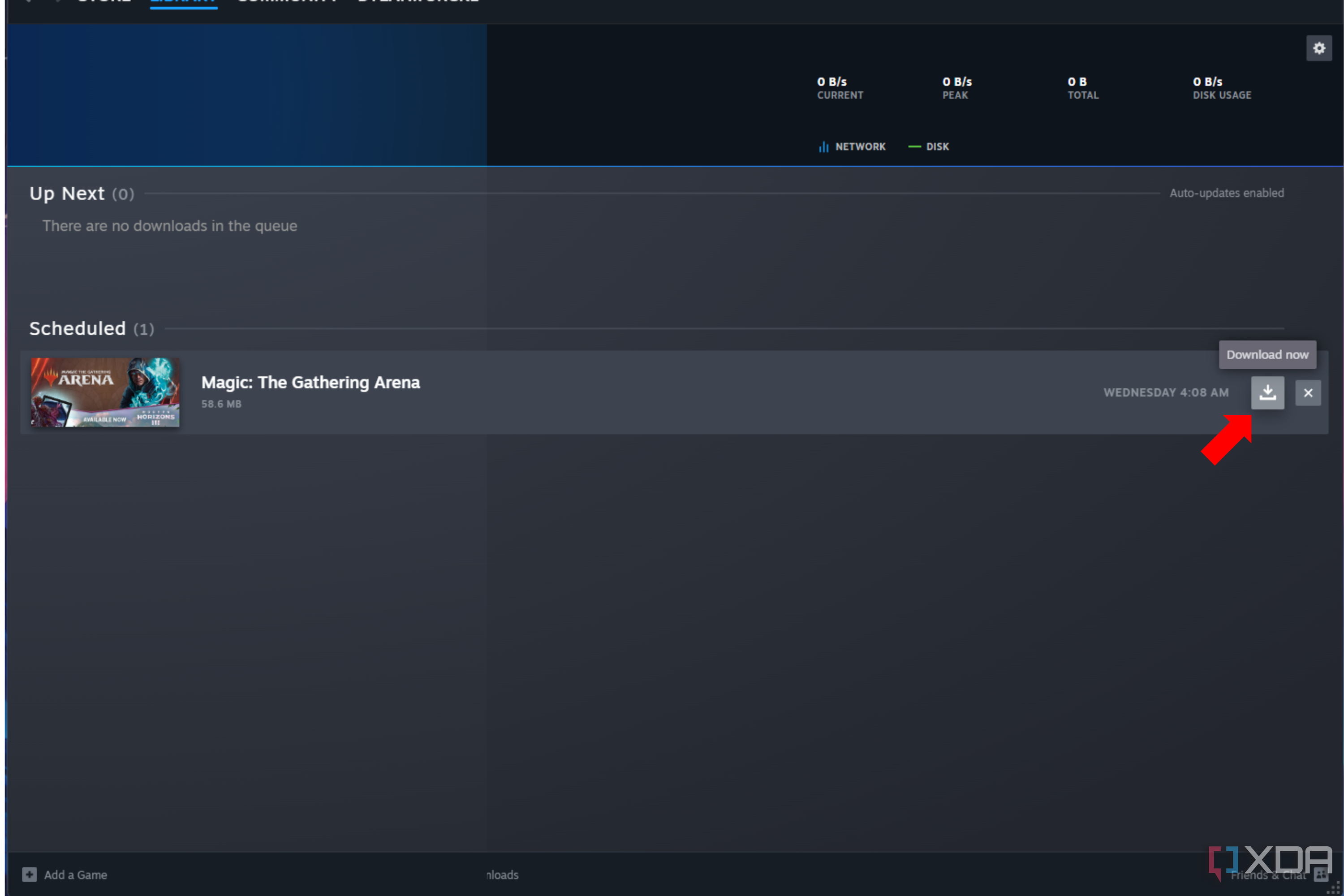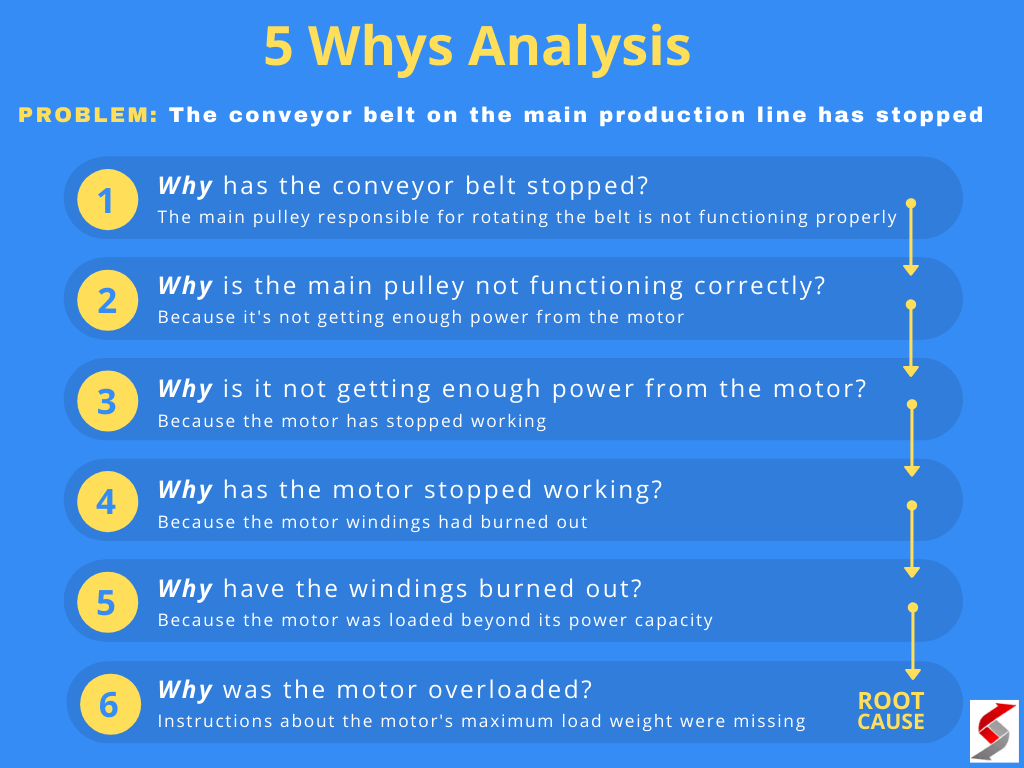Is Health Information Technology a Good Career? Exploring Opportunities, Growth, and How to Get Started
Understanding Health Information Technology: A Rapidly Evolving Field
Health Information Technology (HIT) is the backbone of modern healthcare systems, enabling the digital transformation of patient care, hospital operations, and data-driven decision-making. Professionals in this field manage electronic health records, analyze health data, and implement secure, efficient systems that improve patient outcomes and organizational performance. As healthcare continues to embrace technology, the demand for skilled HIT professionals has surged, making it an attractive career for those interested in the intersection of healthcare, technology, and data management [1] .
Job Market Outlook: Strong Growth and High Demand
According to the U.S. Bureau of Labor Statistics, employment for health information technologists and medical registrars is projected to grow 16% from 2023 to 2033, which is much faster than the average for all occupations. This robust growth is driven by the increasing complexity of healthcare data, the need for regulatory compliance, and the widespread implementation of electronic health records across the industry [1] . In fact, Forbes has listed Health Informatics among the highest-paying master’s degrees for 2025, underscoring the field’s strong return on investment and potential for career advancement.
The overall healthcare sector is expected to create about 1.9 million new jobs between 2023 and 2033, with health information technology being a significant contributor to this expansion [5] . The digital health market itself is forecasted to exceed $650 billion by 2025, reflecting ongoing growth and diversification of roles [3] .
What Roles Exist in Health Information Technology?
Health information technology offers a wide variety of career paths, each with its own set of responsibilities and required skills. Some common roles include:
- Health Information Technologist : Manages and secures patient records, ensuring accuracy and compliance with privacy laws.
- Medical Records Technician : Organizes and retrieves patient information, supporting clinical teams with timely data access.
- Clinical Data Manager : Oversees clinical trial data to maintain integrity and regulatory compliance.
- Health Informatics Specialist : Analyzes and optimizes health data to improve patient outcomes and system efficiency.
- EHR Implementation Specialist : Leads deployment and management of electronic health record systems.
- Data Analyst : Interprets healthcare data to inform decisions and streamline operations.
- Healthcare IT Project Manager : Coordinates large-scale projects involving new system rollouts or upgrades [3] .
Many of these roles offer opportunities for advancement into leadership positions, especially as organizations seek to align their IT strategies with clinical objectives [1] .
Salary Expectations and Earning Potential
Salaries within health information technology can vary depending on role, education, experience, and location. For example, the average annual salary for healthcare informatics jobs in Missouri is about $78,000, which is well above the statewide average for all occupations [2] . Nationally, clinical systems analysts-a common HIT role-earned a median salary of $82,710 in 2014, with job growth projected at 21% for the decade following [4] .
Entry-level roles such as health information technician or medical records specialist typically offer competitive starting salaries, with significant upward mobility as professionals gain specialized skills or pursue advanced degrees. The continuous evolution of technology in healthcare means that experienced HIT professionals can command premium compensation, particularly in leadership or consulting roles.
Real-World Examples: Making an Impact in Healthcare
Graduates of health information management and informatics programs have found employment with leading organizations such as Microsoft, Citrix, and major healthcare systems [4] . In practice, HIT professionals facilitate the seamless sharing of patient information, support clinical decision-making with data analytics, and ensure the security and privacy of sensitive health data.

Source: tophinhanhdep.com
For example, during the COVID-19 pandemic, HIT teams played a pivotal role in implementing telehealth platforms and managing the influx of health data required to monitor, diagnose, and treat patients remotely. Advanced data analytics and machine learning have also made it possible to optimize clinical trial recruitment and improve patient outcomes through real-time monitoring [3] .
Step-by-Step Guide: How to Start Your HIT Career
1. Assess Your Interests and Skills : HIT is ideal for those who are tech-savvy, detail-oriented, and passionate about healthcare improvement. Strong analytical and communication skills are essential.

Source: health.harvard.edu
2. Pursue Relevant Education : Most roles require at least an associate or bachelor’s degree in health information management, informatics, or a related field. For advanced positions, a master’s degree can provide a significant advantage. Accredited programs are available at universities and community colleges nationwide.
3. Obtain Certifications : Professional certifications such as Registered Health Information Technician (RHIT) or Registered Health Information Administrator (RHIA) can boost employability. Many organizations, including the American Health Information Management Association (AHIMA), offer recognized certification exams. For specific requirements, visit the AHIMA website or search for “AHIMA certification programs.”
4. Gain Practical Experience : Internships, volunteer roles, or entry-level positions in healthcare settings can provide essential hands-on experience. Many educational programs include practical training components or can connect you with local healthcare organizations for real-world learning.
5. Apply for Jobs and Network : Leverage professional networks, career fairs, and job boards specializing in healthcare IT. Consider joining professional associations like AHIMA or the Healthcare Information and Management Systems Society (HIMSS) for additional resources and networking opportunities.
6. Continue Learning : HIT is a fast-evolving field. Continuous education through workshops, online courses, and advanced degrees can help you stay current and competitive. Platforms like Coursera and edX offer courses in health informatics and related topics. Always verify the legitimacy of any course provider before enrolling.
Potential Challenges and Solutions
While HIT offers significant rewards, professionals may face challenges such as keeping up with rapid technological advancements, ensuring data security, and navigating complex regulatory environments. To address these challenges:
- Stay updated on industry trends through reputable news sources and professional organizations.
- Pursue continuing education to build expertise in emerging technologies such as AI, blockchain, or telemedicine.
- Develop strong data privacy and cybersecurity skills to mitigate risks.
- Foster communication skills to bridge gaps between clinical, technical, and administrative teams.
Many employers offer ongoing training or tuition assistance to help employees adapt to industry changes.
Alternative Pathways and Related Careers
For those transitioning from healthcare, IT, or business roles, skills in health information systems are highly transferable. Professionals in nursing, biomedical sciences, insurance, or actuarial science can leverage HIT knowledge for career growth or to shift into new roles within healthcare technology. Additionally, project management, data analysis, and regulatory compliance are in-demand specialties that align with HIT expertise [4] .
How to Find Accredited Programs and Job Opportunities
You can search for accredited health information management or informatics programs through recognized organizations such as the Commission on Accreditation for Health Informatics and Information Management Education (CAHIIM). For job opportunities, explore official job boards, hospital and health system career pages, or trusted platforms like Indeed and LinkedIn. For certification and professional development, consult the AHIMA and HIMSS websites by searching for their official names to locate current programs and member resources.
Key Takeaways
Health Information Technology is a promising and rapidly growing field, offering strong job security, competitive salaries, and diverse career paths. With healthcare’s ongoing digital transformation, HIT professionals play a vital role in shaping the future of patient care, data security, and organizational efficiency. Whether you’re starting fresh or seeking to advance your career, there are multiple pathways and resources available to help you succeed in this dynamic industry.
References
- [1] University of Washington (2025). Unlocking the Future of Healthcare: The Rise of HIHIM Careers.
- [2] Logan University (2025). Why 2025 is The Year to Pursue a Degree in Health Informatics.
- [3] Headcount (2024). Health information technology: career and jobs after a degree.
- [4] Florida Atlantic University (n.d.). Career Outlook – Healthcare Information Systems.
- [5] Coursera (2025). Health Information Technology Salary: 2025 Guide.
MORE FROM gowithdeal.com













